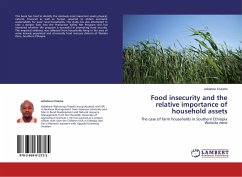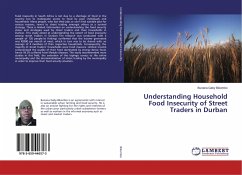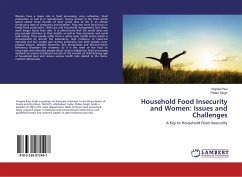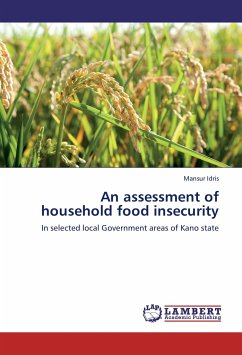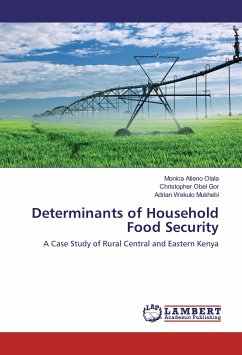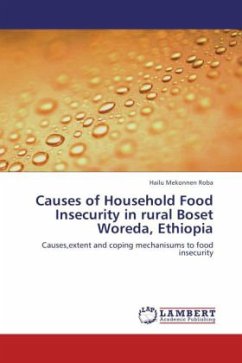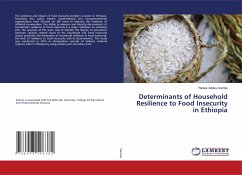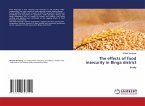This book has tried to identify the relatively most important assets physical, natural, financial as well as human required to obtain economic sustainability for poor rural households. The study has also attempted to take a deeper look into the Productive Safety Net Program and has examined whether the program is successful in promoting food security. The empirical evidence was collected from households living in the area of some densely populated and chronically food insecure districts of Wolaita Zone, Southern Ethiopia.
Bitte wählen Sie Ihr Anliegen aus.
Rechnungen
Retourenschein anfordern
Bestellstatus
Storno

